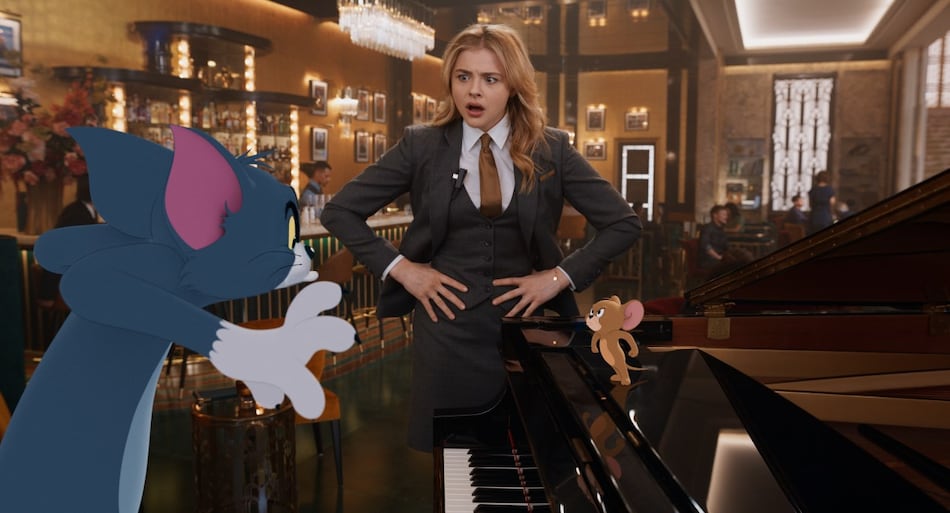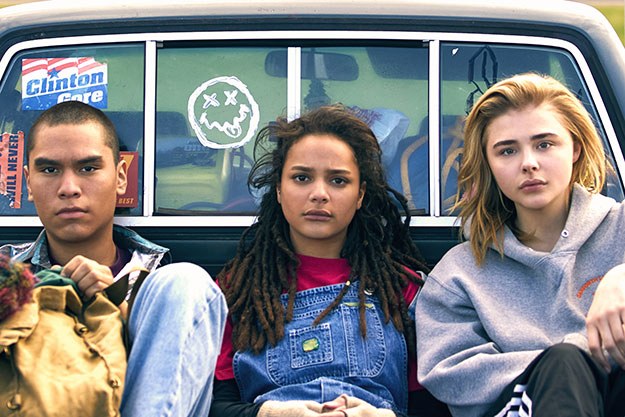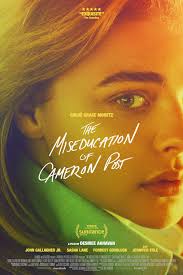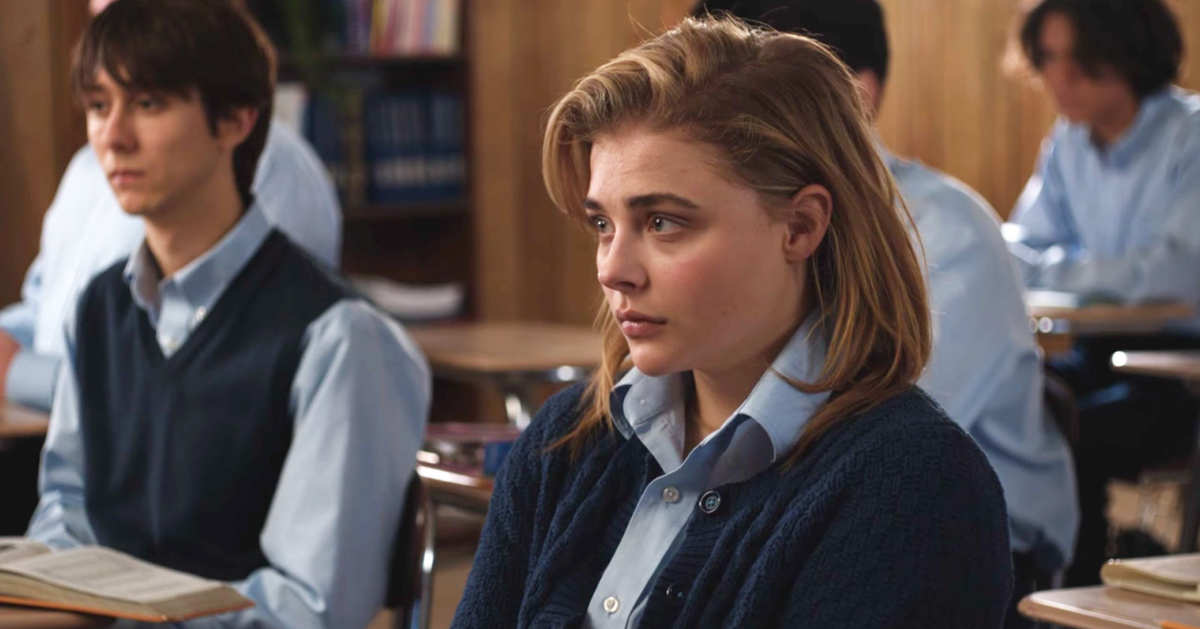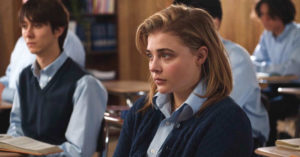Tom and Jerry
Posted on February 26, 2021 at 3:59 pm
C| Lowest Recommended Age: | Kindergarten - 3rd Grade |
| MPAA Rating: | Rated PG PG for rude humor, cartoon violence, and brief language |
| Profanity: | Some schoolyard language |
| Alcohol/ Drugs: | Social drinking |
| Violence/ Scariness: | Comic mayhem |
| Diversity Issues: | Diverse characters |
| Date Released to Theaters: | February 26, 2021 |

It may be impossible to make a feature film out of a one-joke set-up that more likely to be sustained in a seven-minute animated short. Certainly, if that question ever goes to court, this movie will be introduced as evidence.
A refresher: Tom wants to catch Jerry and Jerry outsmarts him. Think Road Runner and Wile E. Coyote without access to Acme explosives and anvils. But while Road Runner is being chased around spare western landscapes, Tom and Jerry often create chaos and mayhem indoors. So a lot of Tom and Jerry is things falling over and crashing and smashing.
None of that is especially well staged here. The mayhem/slapstick scenes seem to have been set up based on what they could convey with technology given the interaction between two-dimensional cartoon characters and physical reality, rather than what is involving or engaging. Slapstick has its charms, but it requires a precision of timing that allows us to appreciate the destruction before moving on to the next faceplant. And even though they are 2D cartoon characters, and thus instantly restored to perfect condition after every encounter, setting it in a 3D environment hampers some of the ebullience of the forces of id.
The biggest mistake, though, is expecting, even demanding, more affection from the audience for the characters than it earns. There doesn’t have to be a likable character to root for in a movie, but it helps.
Tom plays the piano in Central Park, busking to make money (what is he going to use it for?), pretending to be blind to make even more from guilt and pity. Jerry comes along, covers his sign with one of his own, and starts collecting from the crowd until Tom sees him and the crowd sees that he can see. Chases ensue.
Meanwhile, Kayla (Chloë Grace Moretz) loses one job because Tom crashes into her bike and spills all the clean laundry she is delivering (which is not even in a bag, but okay). And so she gets another by lying about her credentials. So 20 minutes in, two of our main characters are cheaters.
Kayla’s new job is as a temp at a super-luxurious hotel which needs support for a very high-profile, no expenses spared wedding of two mega-celebrities. (Note to Hollywood: It is time to stop trying to seem relevant by creating characters who are influencers.) Kayla is there to help make everything go smoothly, even when the groom wants elephants and military-grade drones, when the bride’s ring goes missing, and when Jerry is spotted in the kitchen. At the hotel, she has a rival who sees her as a threat and gets help from a ditsy bell girl.
Kayla brings in Tom to help catch Jerry. It does not go well. That’s it. That’s the movie.
The excellent cast does its best, and believably interacts with the animated characters. But no one can make the dreary dialogue sound smart or even interesting. The problem is not that the animated characters are 2D. The problem is that the script is 1D.
Parents should know that this film includes comic violence and mayhem including fire, chases, and crashes. There is brief potty humor.
Family discussion: Why did Kayla lie? Why couldn’t Ben and Preeta tell each other the truth? How did Kayla try to fix the problems she created?
If you like this, try: the original Tom and Jerry cartoons and the Road Runner cartoons.

